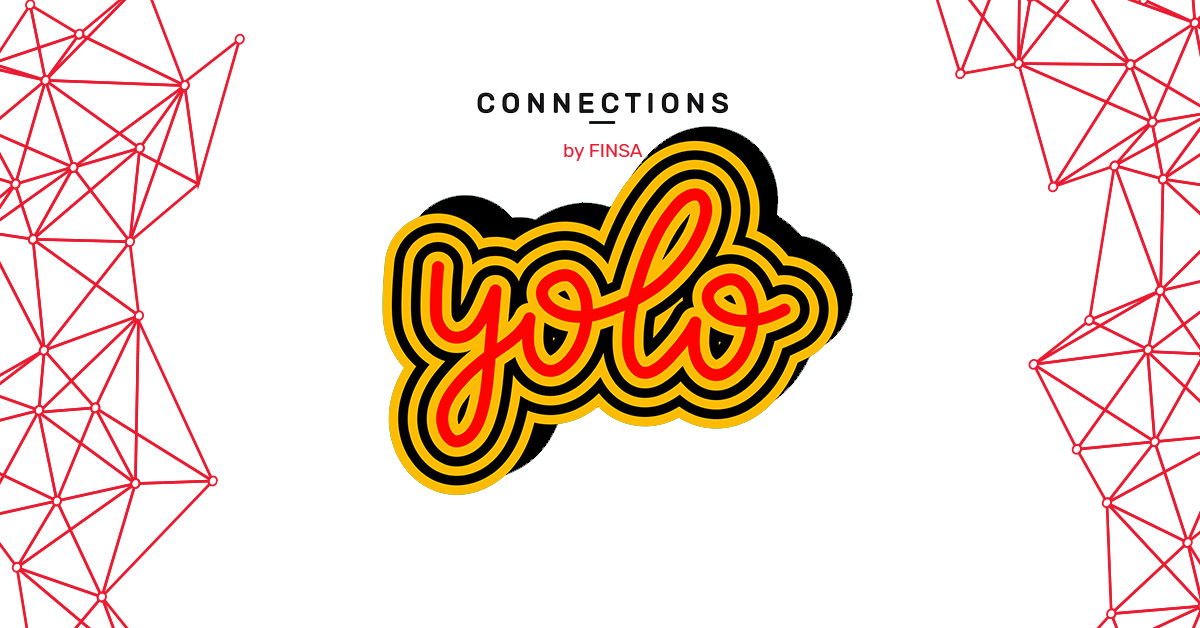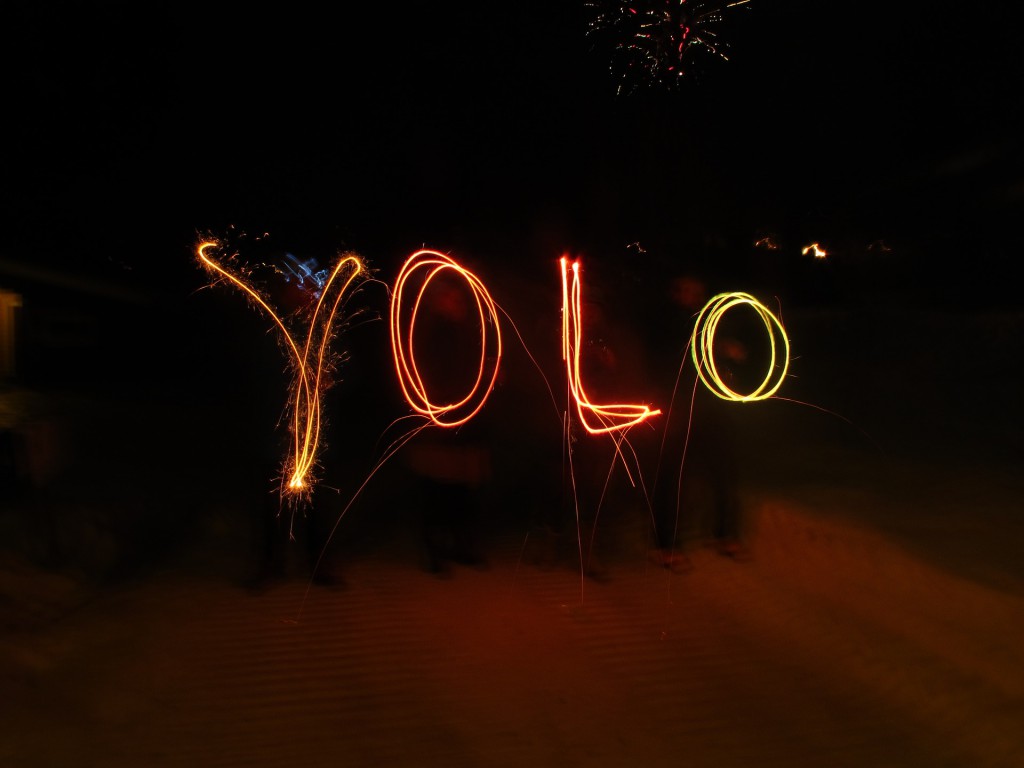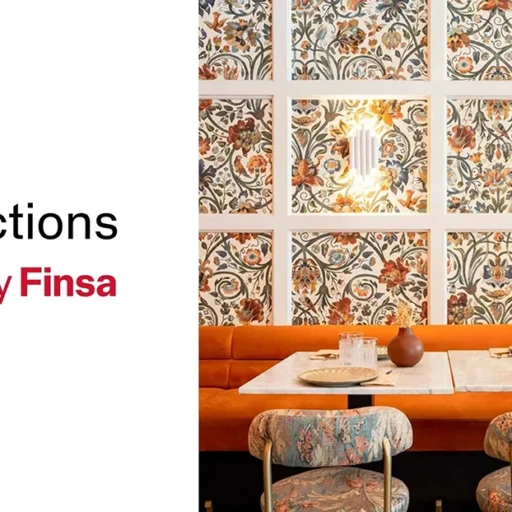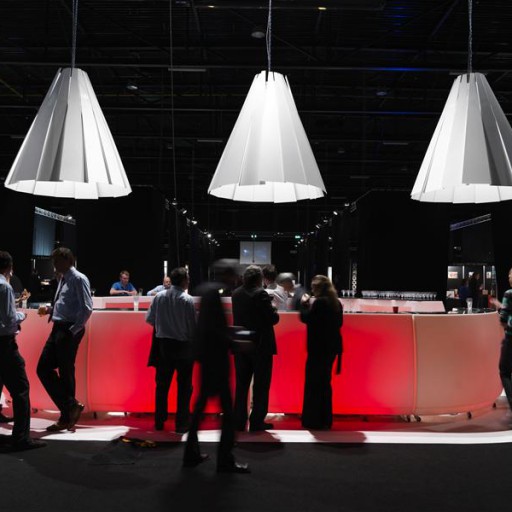Have you been studying for years to make sure you get a stable job? Are you working hard every day to be the best in your field? The generation of people born between the early eighties and the mid-nineties don’t have the same aspirations as their parents, the baby boomers. Instead, they want meaningful jobs, quality free time, and good mental health. Let’s take a deep dive into their motto: YOLO.
What does YOLO mean?
YOLO is an acronym meaning you only live once. This term partly refers to the socioeconomic trend of leaving stable and traditional jobs in order to take a risk by becoming an entrepreneur or looking for something that provides both personal and professional satisfaction.
The New York Times published the article “Welcome to the YOLO economy” after realising that many American workers were leaving their jobs to start businesses. Journalist Kevin Roose decided to ask people about it, including Brett Williams, a 33-year-old lawyer who left his job at a big law firm to work for his neighbour’s small business. One of the reasons he gave for doing this was that he wanted to spend more time with his family.

Who can join the YOLO economy?
The clear leaders of this trend are millennials. This generation was raised believing that if you study hard, you will get a great job and have a great life. But is that really enough? Millennials value emotional and psychological well-being, and want to improve their quality of life as well as follow their dreams.
According to this recent survey from Microsoft, more than 40% of workers globally are considering leaving their jobs this year. But the YOLO economy isn’t for everyone. Those that start their own business should have savings to help them get through the short-term, or be part of the FIRE movement.

YOLO, a postcovid tren?
The crisis brought on by the pandemic has left us feeling uncertain about every aspect of our lives. Many businesses were forced to close or receive temporary assistance from the government to keep people employed. VUCA (volatility, uncertainty, complexity, and ambiguity) is our new reality when it comes to work.
The pandemic has also changed the way that we think about other people. Lockdowns made us realise how much we value our families, friends, free time, and leisure activities. We returned to our people, our roots, and our origins. This resulted in a mass exodus from big cities, with people preferring to spend lockdowns rural surroundings. In our article “The new nomads: where and how they work”, we looked at digital nomads and how workplace interactions have changed.
YOLO is not just a post-COVID trend, but this unusual situation has certainly given it a bit of a boost. El Blog Salmón says that it’s effect at a macroeconomic level is also being considered.
The YOLO economy joins other related trends like job hopping, referring to the way in which younger workers change jobs every two years as they look for better salaries and working conditions.
Here are some examples that have inspired us:
- Fashion magazine S Moda featured the story of Andión, a Galician fashion brand. Its founder has worked for big textile brands but left her job to make artisanal blouses at the family workshop which has been around since the seventies.
Ver esta publicación en Instagram
- Antiqüa is a Spanish jewellery brand that was established during the pandemic. Founders Itziar Aguilera and María Monge didn’t have time to stop and think about their dreams pre-pandemic. During lockdown, after having so much time to think, they decided to start their own business. You can read their story here.
Ver esta publicación en Instagram
- Chinese vlogger Li Ziqi moved from the big city to the country with the hopes of leading a self-sufficient life and bringing back some old traditions. This trend, known as FUGU has almost become an addiction for some.
Would you live the YOLO life? Tell us what you think on social media using #ConnectionsByFinsa.




